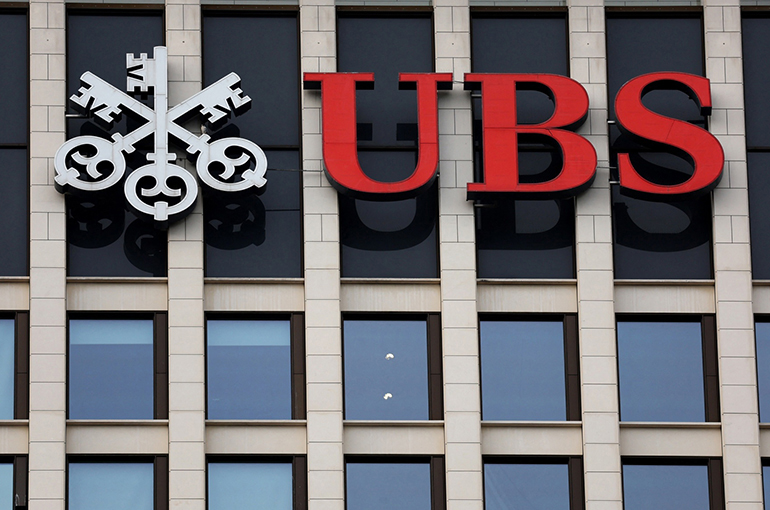 Notwithstanding Shrinks in Overseas Financing, More Chinese Firms Will Pick Hong Kong, UBS Exec Says
Notwithstanding Shrinks in Overseas Financing, More Chinese Firms Will Pick Hong Kong, UBS Exec Says(Yicai) April 17 -- The importance of the Hong Kong Stock Exchange is increasing among mainland-based enterprises that keep expanding abroad in environments with tighter financing conditions, according to Mandy Zhu, Head of China, Global Banking at UBS.
Although the Hang Seng Index and the primary market in Hong Kong have shrunk in the past two years, the HKEX is widening its influence among Chinese firms, Mandy Zhu from the Zurich-headquartered company said to Yicai in a recent interview.
Global capital can freely enter Hong Kong, Zhu said, adding that Chinese firms can easily and efficiently access international capital through the special administrative region. Consequently, the market is closely linked to the Chinese economy, attracting a group of high-quality investors.
The approval process for listing in Hong Kong has become more normalized and transparent in the past year since the mainland's key securities regulator implemented a new filing-based administration of overseas listing in March 2023. In the future, rules are likely to become clearer, making it easier for intermediaries and companies to manage their expectations, Zhu said.
Chinese firms' listings in the United States have slumped in recent years due to increased regulatory scrutiny from both countries. However, Chinese startups are not likely to forget about the financing channel as regulatory procedures become more standardized, per the Swiss investment bank.
"The US market remains a highly significant market," Zhu said. Chinese firms garnered more funds via secondary offerings in the US last year than via IPOs as many renowned companies completed rights issues and sold convertible bonds for their financing needs.
There have been signs of recovery among China concept stocks in the US after declines in financing activity since the second half of 2021, per Zhu. About 50 Chinese companies have received the filing notices from the mainland's securities regulator for IPOs in the US since the new rules came into effect in March 2023, much higher than expected, indicating that the regulatory framework and channels for cross-border listings are getting clearer, Zhu added.
The mainland's channel for local firms to issue global depository receipts (GDR) in London, Zurich, or Frankfurt has been showing signs of weakening since the second quarter of last year after the securities regulator announced new rules on GDR issuers. However, industry insiders believe that companies with genuine financing needs abroad will still choose this path in the future.
GDRs combine various advantages, Zhu said. They can be converted back into mainland-listed shares after 120 days post GDR listing so the issuance price is linked to the trading price of A-shares. The mainland's stock markets have relatively strong liquidity and offer attractive valuations, resulting in higher financing efficiency. Additionally, a GDR issuance does not increase the class of shares and it still follows the corporate governance model of A-shares, Zhu explained.
Editor: Emmi Laine